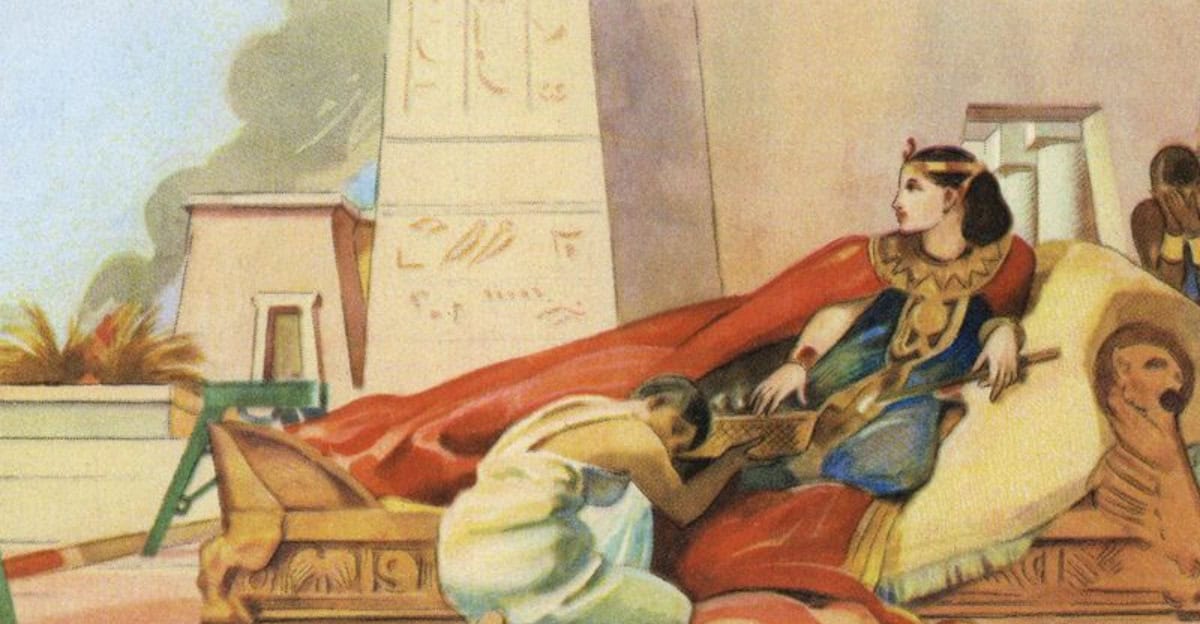Cleopatra, the last active ruler of the Ptolemaic Kingdom of Egypt, is a historical figure shrouded in mystery and myth.
While many know her for her beauty and romances with Roman leaders Julius Caesar and Mark Antony, there’s much more to her story.
Here, we uncover seven lesser-known facts about Cleopatra that will challenge your understanding of this iconic queen.
1. Cleopatra Spoke Multiple Languages
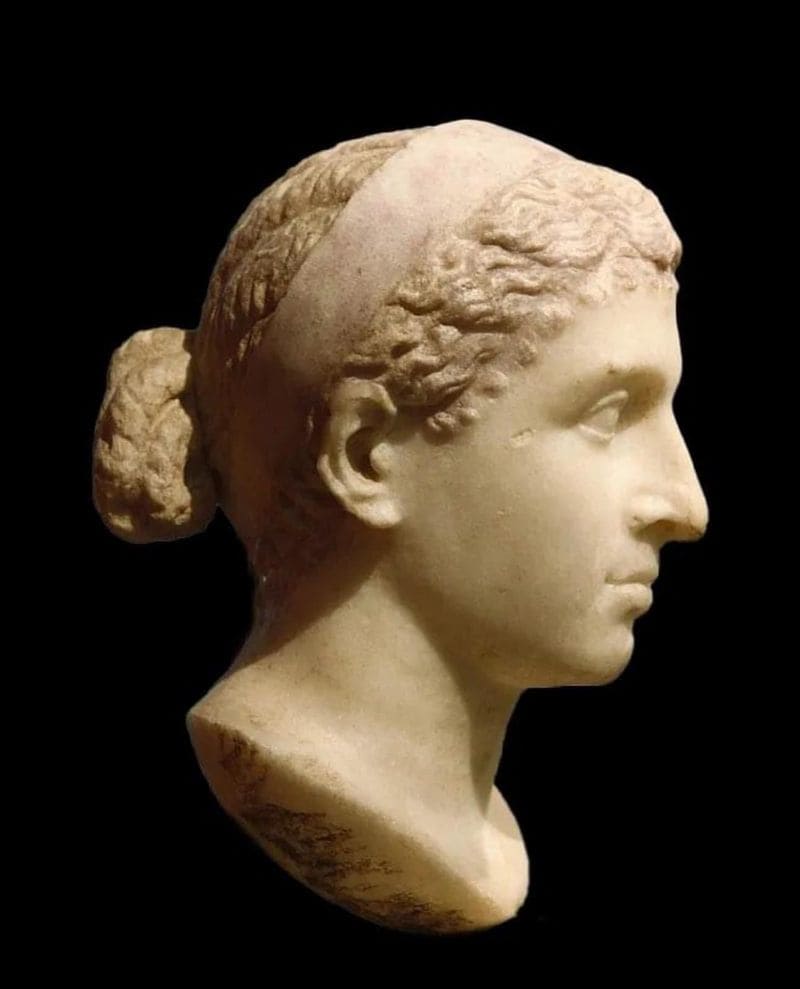
Cleopatra wasn’t just a pretty face; she was a highly educated and multilingual ruler. Unlike many of her Ptolemaic predecessors, she was the first to speak Egyptian, the native language of her people.
Moreover, she was fluent in several other languages, including Greek, Latin, Hebrew, and Persian. Her linguistic abilities enabled her to communicate directly with diplomats and leaders from various regions, enhancing her diplomatic influence.
Her command over languages was a strategic asset that allowed her to navigate the complex political landscape of her time with ease and intelligence.
2. She Was a Published Author
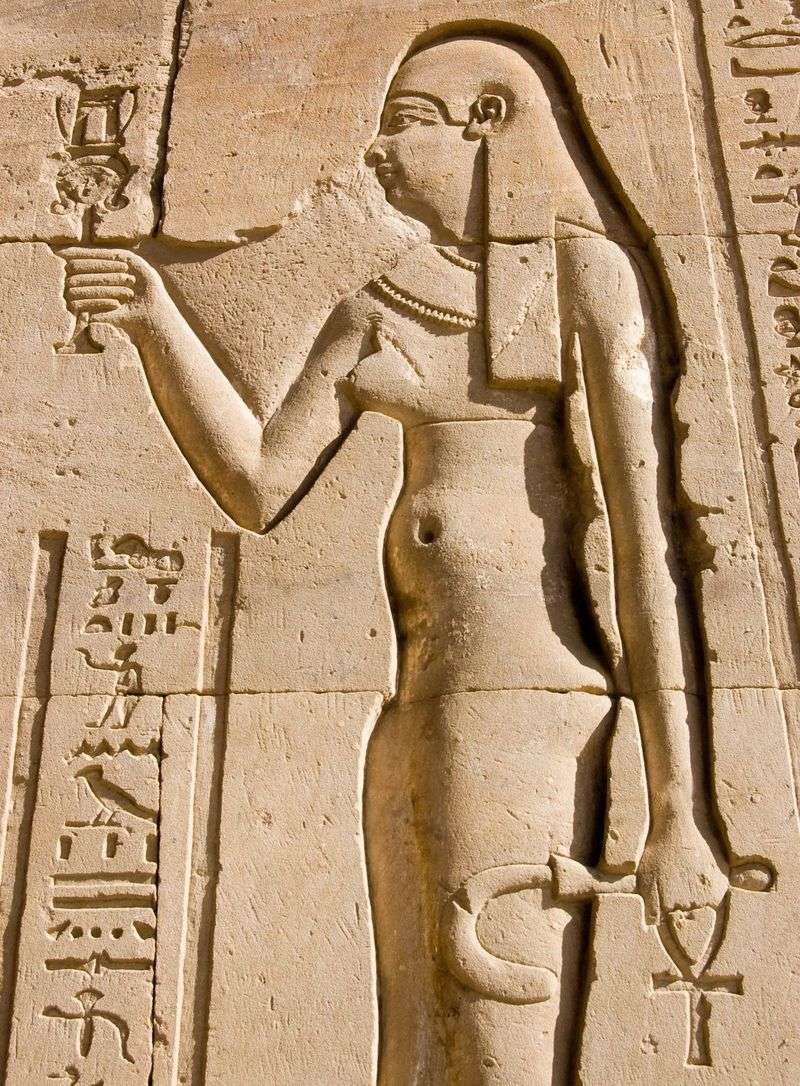
Cleopatra was not only a queen but also an author. She wrote a medical treatise titled “Cosmetics,” which explored beauty and health treatments.
Unfortunately, most of her work has been lost to history, but accounts suggest that her writings were comprehensive and insightful. Cleopatra’s scholarly pursuits reveal a side of her that is rarely acknowledged—her intellectual curiosity and dedication to knowledge.
This aspect of her life sheds light on her commitment to science and her desire to contribute to the intellectual heritage of her era.
3. Cleopatra Wasn’t Egyptian
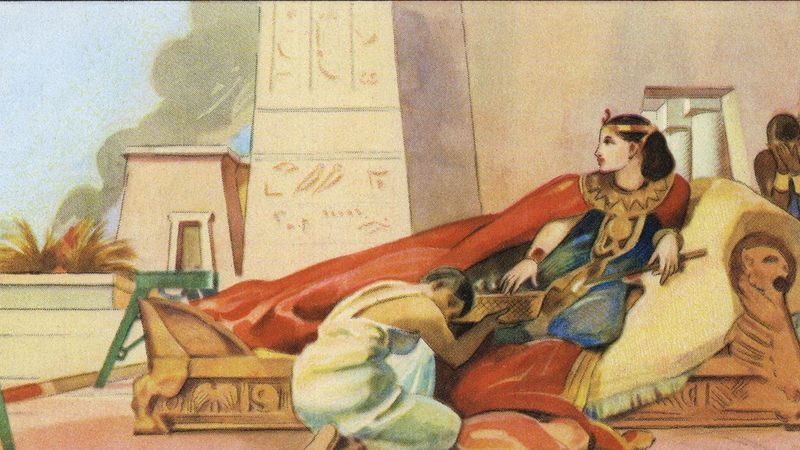
Despite being the queen of Egypt, Cleopatra was not ethnically Egyptian. She hailed from a Macedonian Greek dynasty founded by Ptolemy I, a companion of Alexander the Great.
This Greek heritage influenced her upbringing and the cultural milieu of her court. However, Cleopatra embraced Egyptian customs and was seen as a pharaoh in the eyes of her subjects.
Her ability to blend these cultures was crucial in her role as a ruler, allowing her to appeal to both Egyptian and Greek populations within her kingdom.
4. The Asp Story Might Be a Myth

The tale of Cleopatra’s dramatic suicide by an asp bite is legendary, but historical evidence suggests it might be a myth. Ancient writers like Plutarch and Suetonius differ in their accounts of her death.
Some historians propose alternatives, such as poisoning, as the cause. The asp story, while captivating, may have been a Roman invention to portray her as a dangerous seductress.
Unraveling this myth adds complexity to Cleopatra’s image, challenging the dramatic narratives that have surrounded her legacy for centuries.
5. Her Beauty is Debated
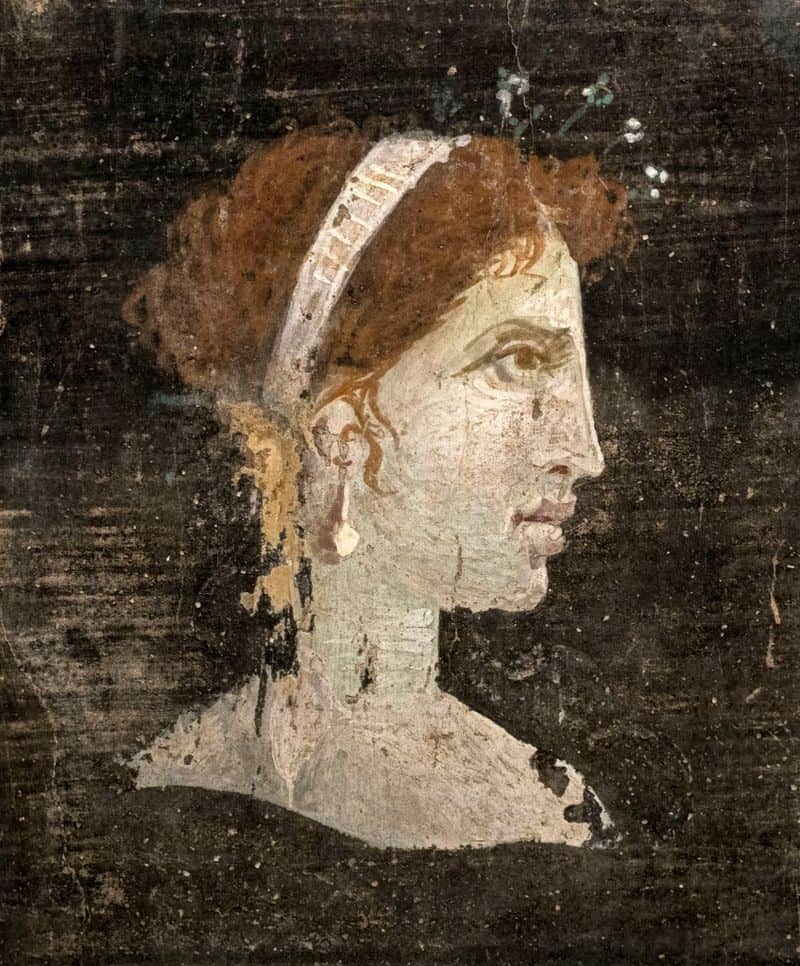
Cleopatra’s beauty has been the subject of debate among historians. Ancient coins and busts reveal a woman with a prominent nose and sharp features.
Instead of her appearance, it was her charisma, intelligence, and political acumen that truly set her apart. Her beauty has been romanticized over the years, partly due to literary and artistic interpretations.
Focusing on her allure rather than her accomplishments does Cleopatra a disservice and oversimplifies the depth of her character and influence.
6. A Powerful Naval Commander
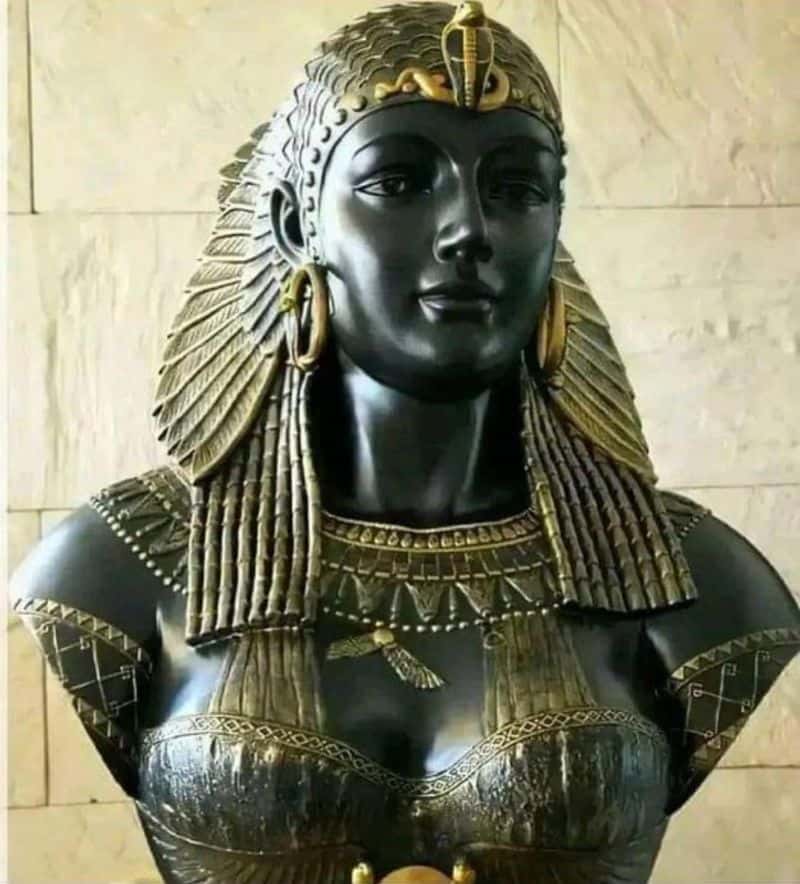
Cleopatra was not just a ruler confined to the palace; she was also a formidable naval commander. Her leadership during the naval battles, particularly the Battle of Actium, showcased her strategic mind and bravery.
Despite the eventual defeat, Cleopatra’s involvement in these battles exemplifies her hands-on approach and commitment to protecting her kingdom. Her naval strategies were innovative for the time and demonstrated her understanding of military tactics.
This aspect of her queenship reveals her as a leader willing to fight alongside her people, defying traditional gender roles.
7. Cleopatra’s Legacy in Rome

Cleopatra’s influence extended beyond Egypt and into Rome. Her relationships with Julius Caesar and Mark Antony left an indelible mark on Roman politics and society.
Even after her death, her legacy continued to shape Roman culture, as evidenced by the fascination with her life and the portrayal of her story in Roman literature and art.
Cleopatra’s ability to wield such profound influence in one of history’s most powerful empires underscores her remarkable political acumen and enduring impact.

